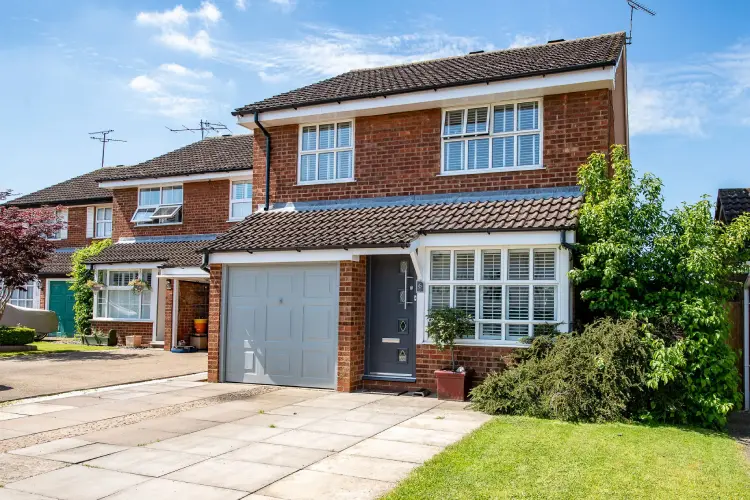
Is your garden wall showing signs of damage like cracks, leaning, or missing bricks? Learn how to identify when it’s time for a replacement and explore the benefits of upgrading to a stronger, safer, and more attractive wall. Don’t let a failing structure detract from your garden’s beauty—take action today!
See how we can help you!
A garden wall is not just a structural element; it’s a key feature that enhances your garden’s aesthetic appeal, provides privacy, and defines boundaries. However, like any part of your property, garden walls are subject to wear and tear over time. Knowing when to replace your garden wall is essential for maintaining safety, functionality, and visual charm. In this post, we’ll explore the signs that your garden wall needs replacing and the steps you can take to restore or upgrade it.
Visible cracks are often the first indication that your garden wall is deteriorating. While hairline cracks might be harmless, deeper or wider cracks can signal serious structural issues caused by shifting soil, poor foundation, or water damage.
If cracks are extensive, patching may not be enough, and full replacement might be necessary.
A wall that leans or bows outward is a clear sign of structural instability. This could be due to:
Once a wall begins to lean significantly, it poses a safety risk and should be replaced rather than repaired.
Over time, mortar joints can deteriorate, causing bricks or stones to loosen. While minor repointing can restore stability, widespread loose bricks often signal deeper degradation, necessitating a rebuild.
Brick garden walls are durable, but mortar joints are susceptible to erosion from weather and moisture. Replacing a brick wall may be necessary if the mortar crumbles easily or the bricks are severely damaged.
Natural stone walls can last decades but may eventually succumb to shifting soil or root intrusion. Replacement is often the best option when the structural integrity is compromised.
Concrete walls are prone to cracking due to temperature changes or settling. Significant cracks or large-scale surface flaking are strong indicators that a replacement is needed.
Sometimes, repairs can temporarily extend a wall’s lifespan. However, there are cases where replacement is more cost-effective and safer:
Replacing an old or damaged wall not only restores functionality but also enhances your garden’s appearance. A well-built wall can:

.webp)
.webp)
.webp)
.webp)
.webp)
.webp)
.webp)
.webp)


First impressions matter—especially when it comes to your home. In this blog, homeowners in Worcestershire, Gloucestershire, and Warwickshire will discover how to elevate their front gardens to boost property value, attract buyers, and make their outdoor space more practical and inviting. Learn actionable landscaping tips and ROI-friendly design ideas that deliver both beauty and functionality.

A clean, well-maintained outdoor space can significantly impact your home’s curb appeal and overall value. In Worcestershire, Gloucestershire, and Warwickshire, pressure washing driveways and patios is one of the most cost-effective ways to refresh your property before selling or simply enhance outdoor usability. This guide explores how a professional clean can boost property value, improve first impressions, and create a more inviting garden space.

A well-maintained driveway is one of the first things buyers notice when viewing a home. Upgrading your driveway can enhance curb appeal and increase property value, but should you choose gravel or resin? Homeowners in Worcestershire, Gloucestershire, and Warwickshire often debate which material offers the best return on investment. This guide explores the pros and cons of each, considering cost, aesthetics, durability, and market appeal. Whether you're selling soon or upgrading your outdoor space, find out which option suits your property best.